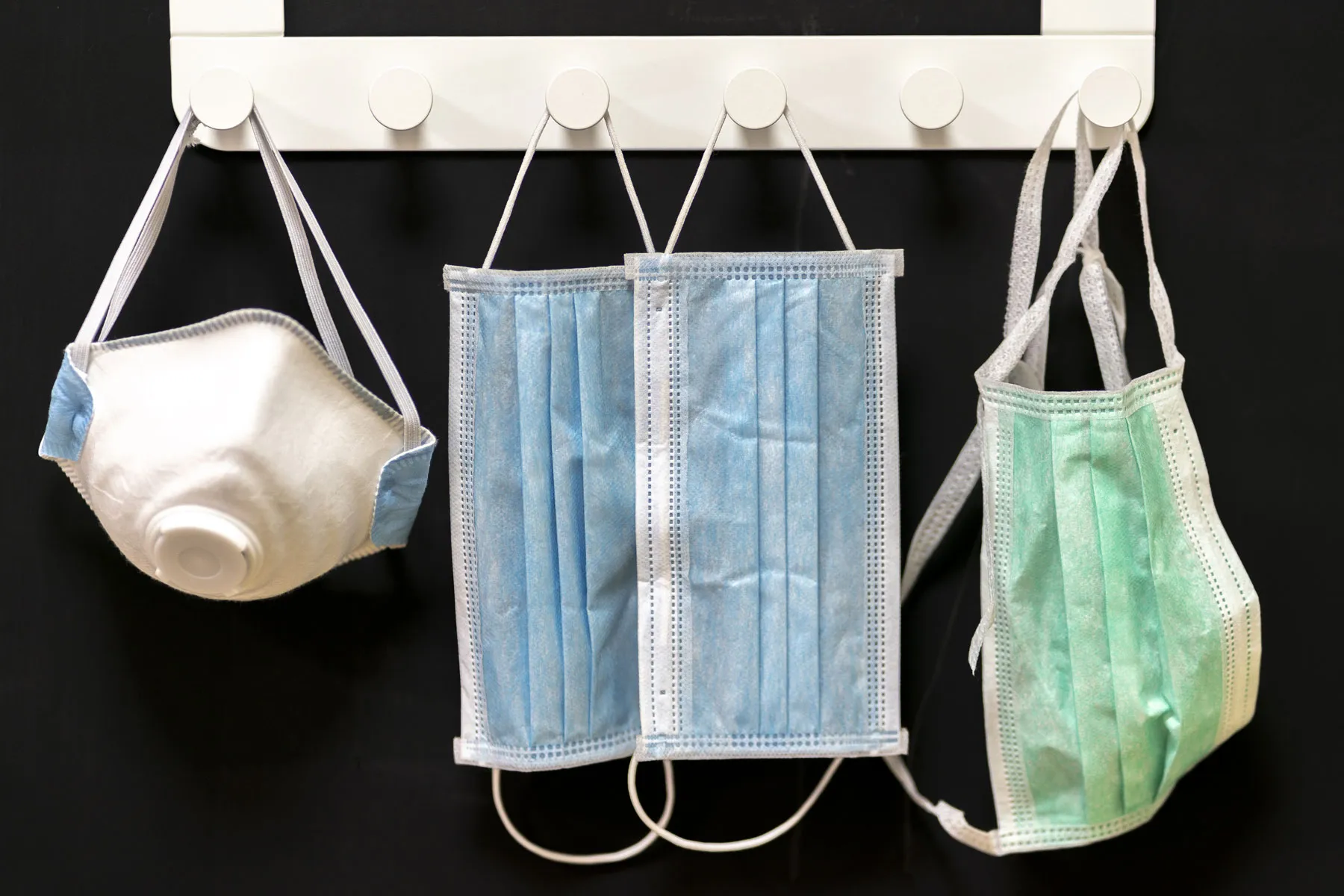
Wearing face masks the same house was 79% effective at curbing transmission, but only before symptoms emerge.
from WebMD Healthhttps://img.webmd.com/dtmcms/live/webmd/consumer_assets/site_images/article_thumbnails/video/basics_face_masks_video/1800x1200_basics_face_masks_video.jpg https://ift.tt/2XcHTM6
via IFTTT








0 comments:
Post a Comment